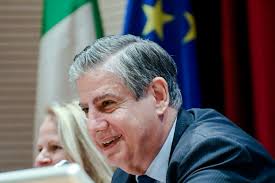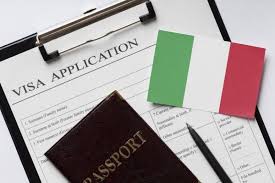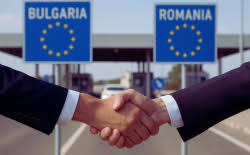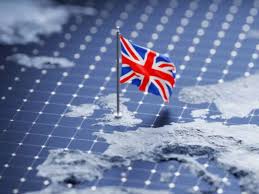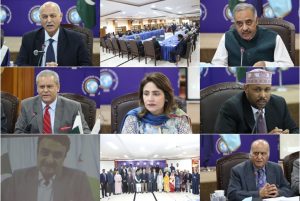‘Warmonger’ Macron is a ‘danger to Europe’: Italy’s Deputy PM
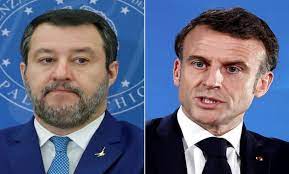
Rome: Matteo Salvini calls Macron’s suggestion of sending troops to Ukraine “extremely dangerous, excessive and out of balance.”
French President Emmanuel Macron was accused of being a danger to the continent of Europe by Italian Deputy Prime Minister Matteo Salvini for refusing to rule out sending Western ground troops to Ukraine.
Salvini’s remarks came during a gathering in Rome organized by the European Parliament’s Identity and Democracy political group consisting of right-wing and nationalist European leaders ahead of the EU parliamentary elections in June.
He called Macron’s last month suggestion of sending troops to Ukraine “extremely dangerous, excessive and out of balance,” adding, “I think that President Macron, with his words, represents a danger for our country and our continent.”
“The problem isn’t mums and dads but the warmongers like Macron who talk about war as if there were no problem now… I don’t want to leave our children a continent ready to enter World War Three.”
This is not the first of Salvini’s comments that have landed him in a controversial position. Earlier this month, he responded to the Russian election result by saying, “When a people vote, they are always right,” knowing that he has expressed admiration before for Russian President Vladimir Putin.
Macron declared last month, in a meeting with two dozen European leaders to discuss Ukraine, the formation of a new coalition aimed at providing Ukraine with extended-range missiles and ammunition. He emphasized that the possibility of deploying Western ground forces to engage in combat in Ukraine should not be dismissed.
“There is no consensus today to send ground troops… but nothing should be excluded. We will do whatever it takes to ensure that Russia cannot win this war,” Macron said after a meeting of European leaders in Paris.
These comments have garnered stern comebacks and criticisms from multiple leaders across Europe.
Despite the controversy, some Eastern European officials saw value in the discussion, emphasizing the urgency of Ukraine’s situation.
“Times like these require political leadership, ambition, and courage to think out of the box. The initiative behind the Paris meeting yesterday is well worth considering,” said Lithuanian Foreign Minister Gabrielius Landsbergis.
Others expressed otherwise. “Hungary does not even want to send weapons to Ukraine, let alone soldiers,” said Peter Szijjarto, Hungary’s Foreign Minister.
General Onno Eichelsheim, the Chief of Defense of the Netherlands, stated that it is currently “not yet opportune” for the Netherlands to discuss sending soldiers to Ukraine.

